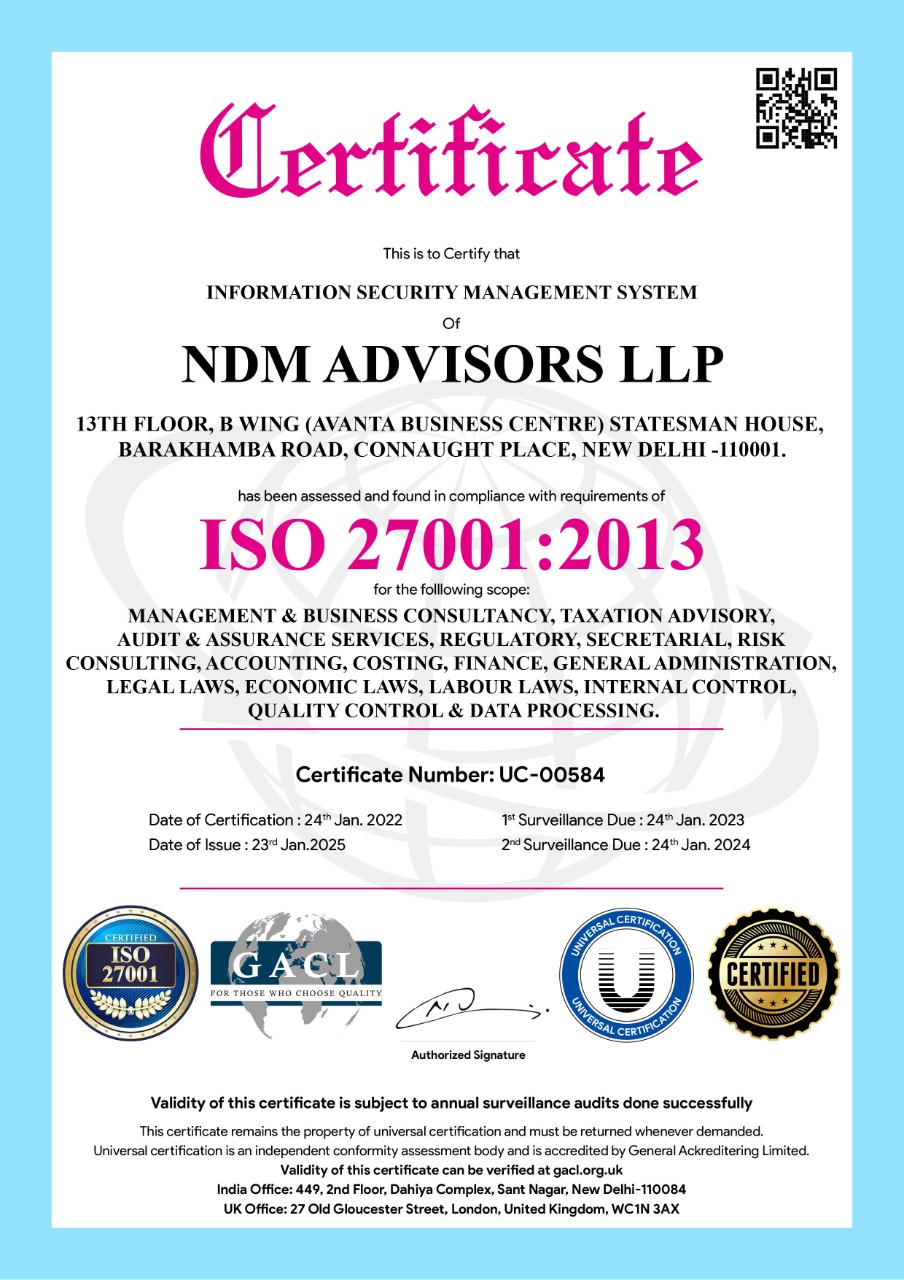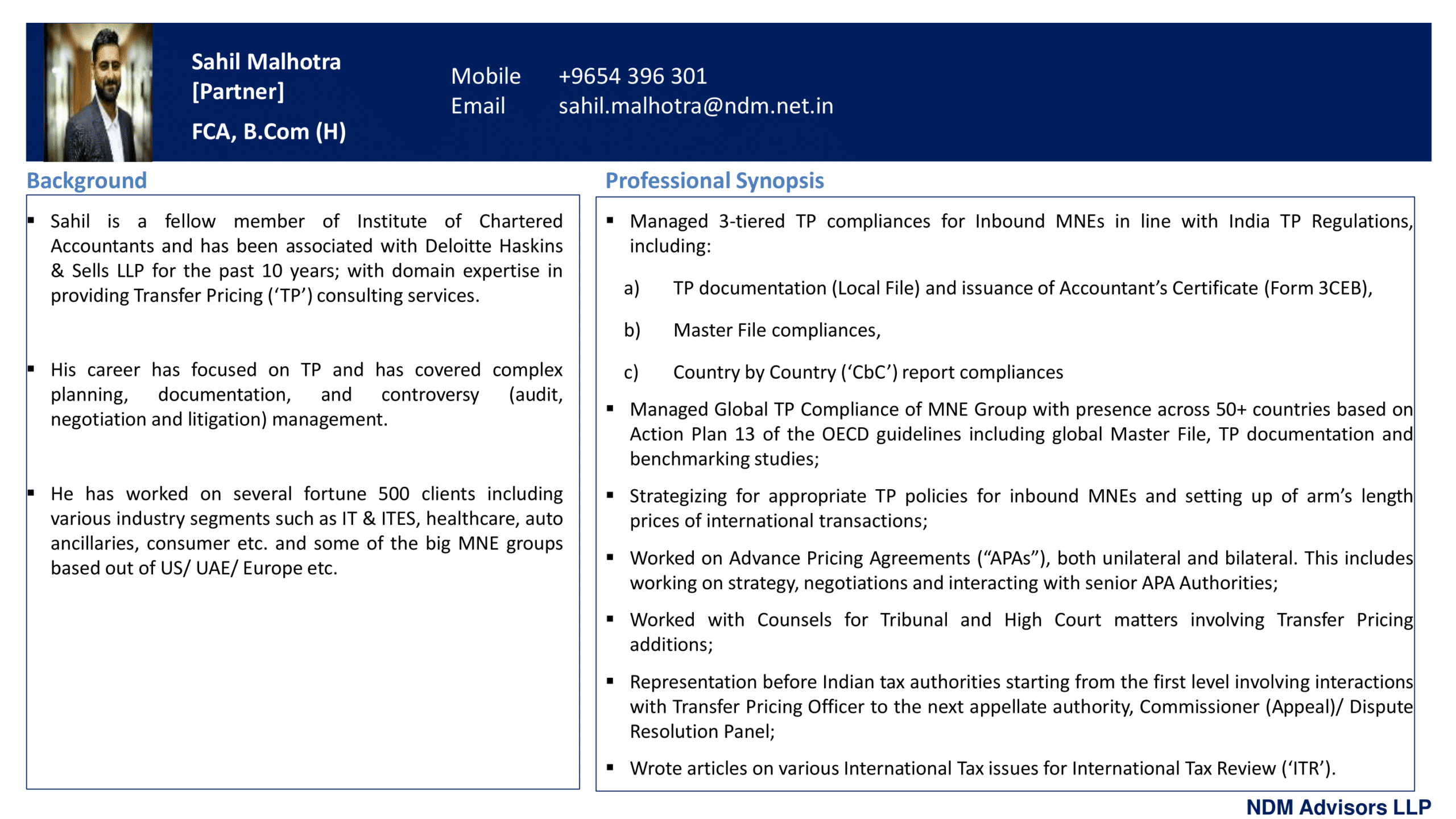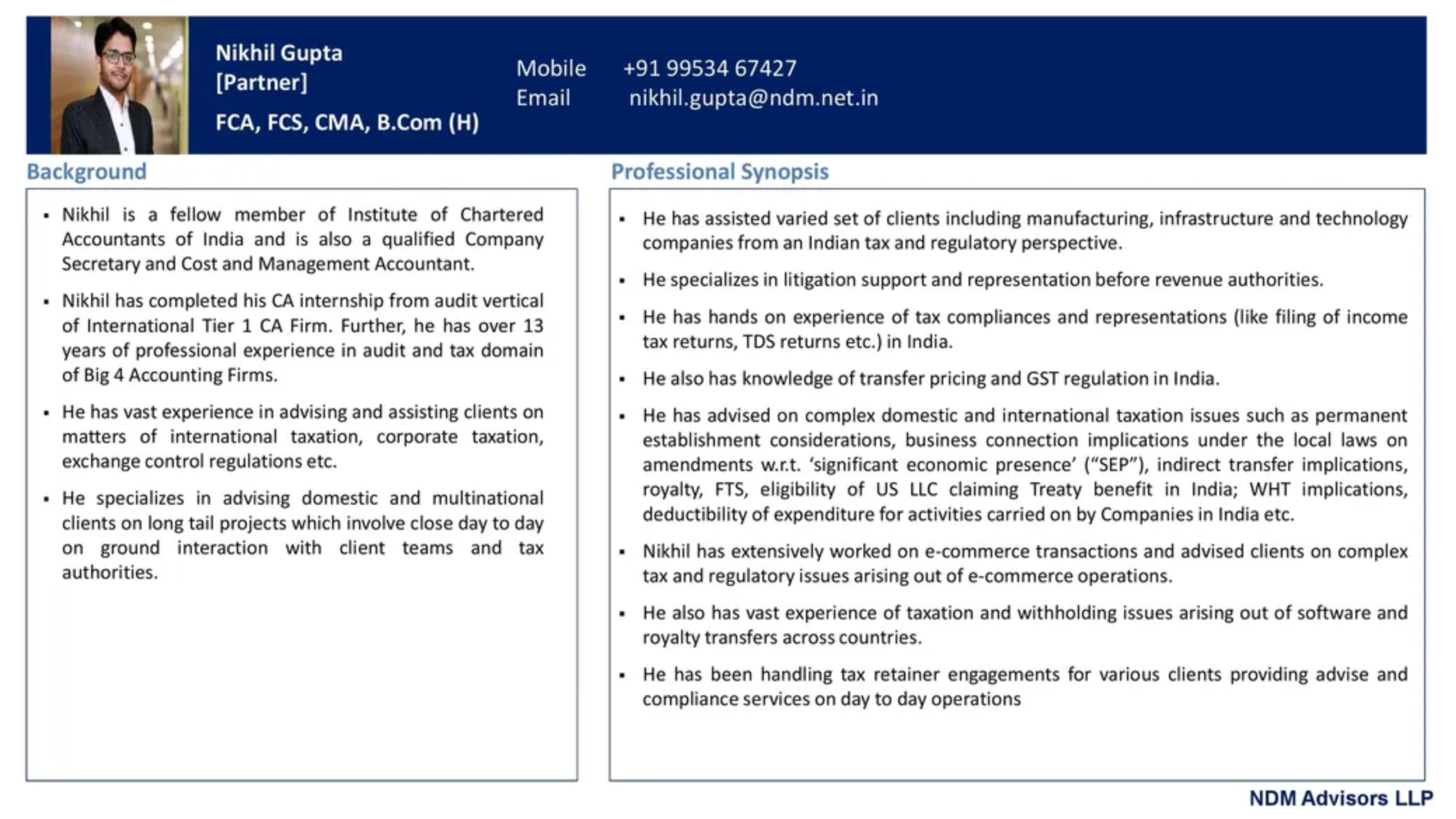Company Incorporation Checklist Taiwan

Applicable Law: Taiwan Companies Act.
Limited Company: Which terms denotes a Company organized by one or more shareholders, with each shareholders being liable for the Company in an amount limited to the amount contributed by him.
• Features:
- Governed under Chapter III of the Taiwan Companies Act.
- Requires 1+ shareholders (individuals/corporates); ideal for SMEs.
- No mandatory supervisor unless specified.
- Share transfers require unanimous shareholder approval.
• Formalities:
- Reserve a company name with the Ministry of Economic Affairs (‘MOEA’) through One-Stop Investment Portal-InvesTaiwan [Article 18].
- Foreign investors must obtain approval from the Investment Commission of MOEA before proceeding [Mentioned in invest in Taiwan FAQs].
- Opening of preparatory bank account in Taiwan after investment approval.
- Inject the capital into this account: The shareholder (corporate or individual) must remit the capital from their own bank account abroad directly to the preparatory account in Taiwan. The remittance should clearly show the shareholder’s name as the sender to match incorporation documents, only shareholders are allowed to inject capital-third parties cannot deposit funds into the preparatory account [Article 7].
- Capital must be audited by a local CPA: After the funds arrive, a local CPA will verify the capital injection and issue a capital verification report, which is required for company registration with the Ministry of Economic Affairs (MOEA). CPA should be an independent Taiwan-licensed certified public accountant. [Article 7]
- Must have a registered office address in Taiwan, the registered address must be a real, physical location in Taiwan-it cannot be a P.O. Box. [Article 3]
- Draft Articles of Incorporation (including capital, business scope).
- Submit documents (articles of incorporation, shareholder/director details, capital verification, office lease) to MOEA.
- Obtain Company Registration Approval: Once approved, company will receive registration certificate and GUI (tax) number, making Company officially established
- Appoint a legal representative (director).
- Open a formal corporate bank account post-registration.
- Issuance of share certificate to the shareholder – Physical/Demat (optional)
- Register with the local government and obtain a business license and other licenses (applicable on manufacturing Company).
• Document Requirement:
Reserve a company name with the Ministry of Economic:
Documents/Information Required:
- Reservation Application Form: Must be completed in the prescribed MOEA format (can be filed online).
- List of up to five proposed Chinese company names: Names must be in Chinese characters from approved dictionaries, foreign languages and numerals are not permitted.
- Business Scope: Description of intended business activities.
- Applicant Details: If the applicant is a juristic person (company), provide company details and authorized person’s information.
- Supporting Documents: Generally, no notarized or apostilled documents are required at this stage, but the MOEA may request additional information if needed.
Foreign investors must obtain approval from the Investment Commission of MOEA before proceeding:
- Submit Investment Application
- The application is made under the Statute for Investment by Foreign Nationals.
- Prepare and Submit Required Documents
Typical documents include:
- Investor identification documents (passport or registration certificate for corporate investors).
- Signed investment application forms.
- Pre-approved company name document.
- Power of Attorney or authorization for a local agent, if applicable.
- Information on the invested enterprise and the nature of the investment.
Review and Assessment
- The DIR reviews the application, considering the business nature, investment scale, parties involved, and potential impact on national security, public order, public health, technology advancement, and local economic interests.
- The review may involve additional requests for information or consultation with other government bodies, especially for sensitive or restricted industries.
Approval Timeline
- Review and approval generally take 1–2 months.
Next Steps After Approval
- Upon approval, the investor can proceed to open a preparatory bank account in Taiwan, remit the investment capital, and complete company registration with the MOEA
Opening of preparatory bank account in Taiwan after investment approval:
Holding Company documents requirement as Shareholder:
- Certificate of Incorporation of the Indian company.
- Articles of Association and Memorandum of Association.
- Register of Shareholders and Register of Directors, may require.
- Board resolution or written minutes evidencing the decision to invest in Taiwan and appointing a representative for the process.
- Group chart showing the ultimate beneficial owner(s) holding more than 25% interest, plus their identification documents
Corporate Representative Documents:
- Power of Attorney or appointment letter authorizing an individual to act on behalf of the corporate shareholder in Taiwan.
- Identification documents of the appointed representative (passport and, if applicable, Taiwan ARC or Taiwan ID).
- Physical presence of the appointed representative is usually required at the bank.
Company Formation Documents:
- Company name reservation/pre-approval letter from the Ministry of Economic Affairs (MOEA).
- Investment approval documents from MOEA (for foreign shareholders).
- Company seals (large and small) designated for bank use.
Any additional documents requested by the bank for KYC (Know Your Customer) and anti-money laundering check
Must have a registered office address in Taiwan, the registered address must be a real, physical location in Taiwan-it cannot be a P.O. Box.
To register a company in Taiwan, a registered address is mandatory and must meet the following requirements:
- The address should be in a commercial or commercial-cum-residential building. Residential addresses can be used, but this may result in higher taxes and requires compliance with local land use and building regulations.
- For rented premises, the building owner’s written consent should be obtained to use the address for company registration, along with a lease agreement and a copy of the latest house tax bill or ownership certificate.
- Supporting documents such as the lease/consent letter, house tax bill, and ownership certificate with registration application required.
After Company completes registration and tax registration in Taiwan, the preparatory bank account is converted into the official company bank account.
Conversion Process and Required Documents:
- The conversion can only take place after you receive the tax registration approval letter from the National Taxation Bureau-not immediately after company registration.
- Representative’s ID card (passport or Taiwan ID/ARC)
- Original company registration approval letter
- Tax registration approval letter
- Company seals (chops) used for bank registration
- Preparatory account bankbook and original seals used for the preparatory account
- Articles of Association and shareholder structure.
- Any additional documents the bank requests for verification.
- The bank will verify your company’s business status (must be “in business” with the tax office).
- The preparatory account is renamed and converted to the official company account. Company do not need to open a new account unless bank requires it.

• Approval & Compliances:
- Companies in Taiwan are required to hold an Annual General Meeting (AGM) within six months after the end of each fiscal year to approve financial statements and other major matters.
- For companies with only one shareholder, the board of directors can perform the AGM’s functions instead.
- Companies must also file annual tax returns. Non-compliance can result in significant penalties.
• Pros:
- 100% Foreign Ownership.
- Simplified governance structure.
- No Minimum Capital.
- Clear Legal Framework.
- Access to Local Market.
- Stable ownership due to transfer restrictions.
• Cons:
- Some sectors are restricted or require special approval for foreign investment.
- Multi-step process involving name reservation, investment approval, capital verification, and registration.
- Presence may be needed for bank account opening and tax registration.
- Limited scalability (cannot issue shares publicly).
- Stricter shareholder exit rules.
Note:
Note: Foreign documents (such as Certificate of Incorporation, Board Resolutions, Power of Attorney, etc.) must first be notarized by a notary public or relevant authority in the country of origin.
After notarization, these documents must be authenticated or apostilled by the Ministry of External Affairs (or equivalent authority) in the country of origin
All foreign documents submitted for company incorporation in Taiwan must be accompanied by a Chinese (Mandarin) translation.
Certification: The translation should be certified-either by a professional translation agency, a notary, or the Taiwan representative office (such as TECC) in your country.
Submission: Both the original (notarized/legalized) document and its certified Chinese translation must be submitted together.
Typical Documents Requiring Translation:
- Certificate of Incorporation (of foreign parent company)
- Board Resolution
- Power of Attorney
- Articles of Association/Constitution
- Any other official documents issued in a foreign language
Note: Compliance with local anti-money laundering (AML) and tax laws is mandatory.
Whilst we have taken all reasonable precautions and steps to provide accurate and up to date information in this publication, we do not give any warranties or representations, whether express or implied, in this respect.
The information is subject to applicability of given provisions/ laws on individual entity and may change without prior notice. The information contained in this publication is subject to changes in tax and regulatory laws in different local jurisdiction.
None of the information contained in this publication constitutes a recommendation to engage in any transaction. No action should be taken based on this information without first seeking independent professional advice. We shall not be liable for any loss or damage whatsoever arising as a result of your use of or reliance on the information contained herein.
In case of queries, drop us a line on communications@ndm.net.in
Have Any Question?
Send us a message and tell us more about your business and financial goals. We will get back to you soon to schedule a consultation.
- +91 9873210394
- Communications@ndm.net.in








